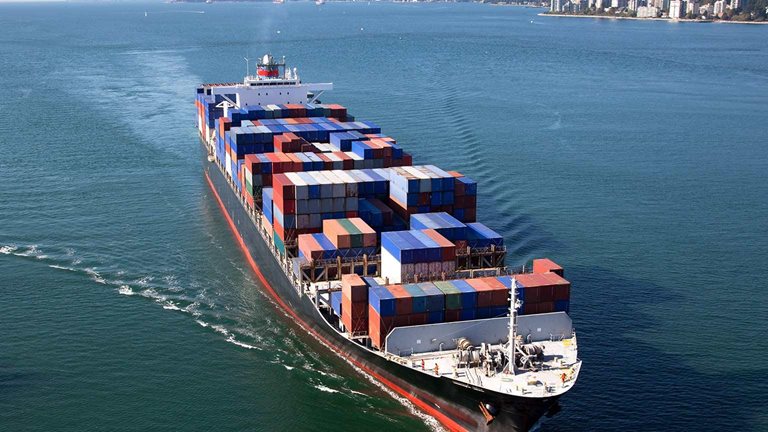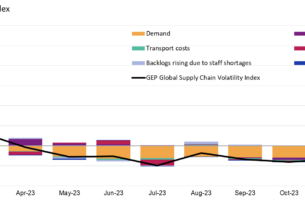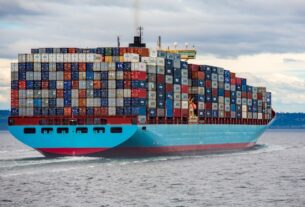By Mike DeAngelis, Head of International Solutions, FourKites
The recent attacks in the Red Sea have created waves across the global shipping industry, with implications for international trade, the economy and consumers worldwide. Here’s an overview of the situation and potential impacts on global shipping in the first half of 2024.
What You Can Do
While the path ahead remains unpredictable, several key strategies can help businesses safeguard their supply chains, reduce delays, and better meet customer demands despite market turbulence. Here are practical steps shippers can take over the coming months:
- Plan for Long-term Contracts Carefully: In light of fluctuating freight rates and uncertain transit times, approach long-term shipping contracts with caution. Opt for contracts that offer some degree of flexibility or contingency clauses.
- Educate Customers and Manage Expectations: Communicate transparently with your customers about potential delays and disruptions. Managing expectations can help maintain customer trust and loyalty during challenging times.
- Collaborate with Logistics Partners: Maintain close communication with your logistics providers. Their expertise and resources can be invaluable in navigating these challenges and finding the most efficient shipping solutions.
- Explore Multimodal Transportation Options: Consider combining different modes of transportation (sea, air, rail, road) to optimise your shipping routes. This approach can offer more flexibility and potentially reduce transit times.
Utilise Predictive Analytics: Implement advanced tracking and predictive analytics tools to gain real-time insights into your shipments. This technology can help anticipate delays and reroute shipments more efficiently.



